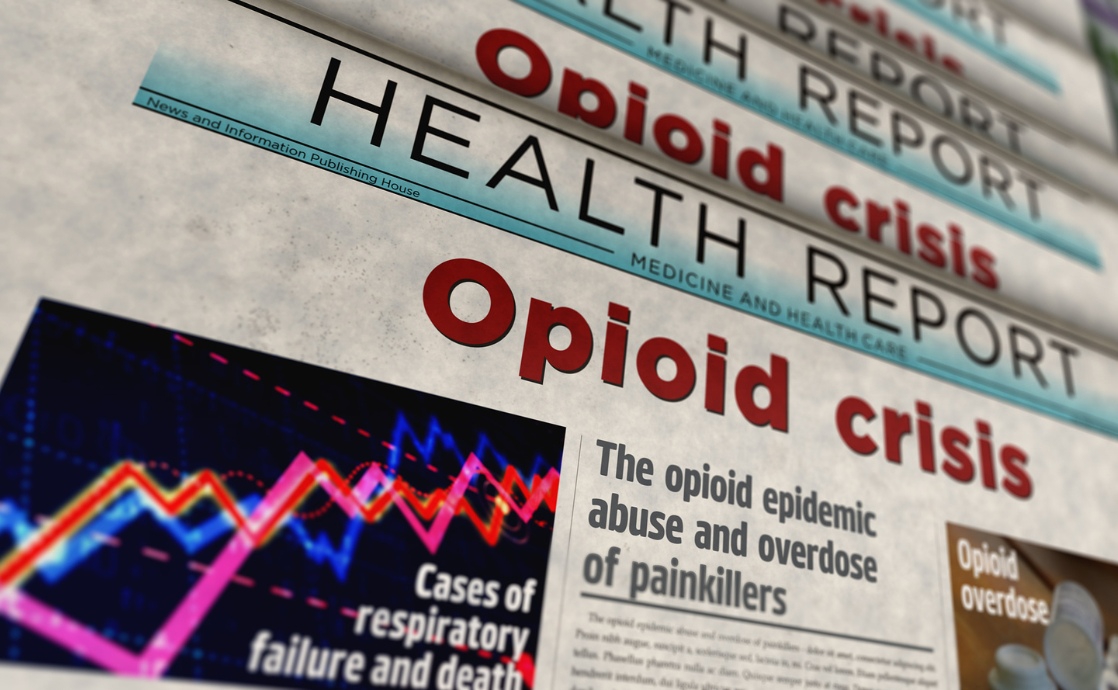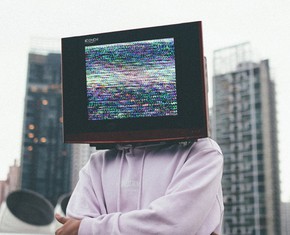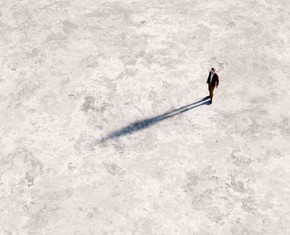The views expressed in our content reflect individual perspectives and do not represent the authoritative views of the Baha'i Faith.
I’m the president of the board of the homelessness agency in the county where I live, and we’re in the middle of a terrible opioid epidemic that is killing many, many people who don’t deserve to die.
This overdose epidemic, powered by fentanyl, was responsible for 75,000 deaths in the United States in 2023. We’ve seen several of them among our clients.
Do you know of anyone killed by fentanyl? Yes, you probably do — if not a family member or a friend, here are a few musicians you’ve undoubtedly heard of who’ve added to the toll: Prince, Lil Peep, Tom Petty. Those are just the ones whose names start with “P.”
The loss is enormous.
RELATED: Opioids and the Loss of a Child: Heartened through Heartbreak
Fentanyl — a cheap, readily available synthetic opioid, 20-40 times more potent than heroin and a hundred times more potent than morphine — is a great drug for pain management or as a powerful sedative. Physicians and paramedics use it all the time, and it works well when responsibly administered and monitored by competent medical professionals.
But when it’s used in illicit ways, it addicts and kills people — lots and lots of people.
The Baha’i teachings deliver a dire warning to humanity about opioids. Baha’u’llah, in his Most Holy Book, wrote:
Beware of using any substance that induceth sluggishness and torpor in the human temple and inflicteth harm upon the body. We, verily, desire for you naught save what shall profit you, and to this bear witness all created things, had ye but ears to hear …
In that same volume, Baha’u’llah issued a binding law for all Baha’is:
It hath been forbidden you to smoke opium. We, truly, have prohibited this practice through a most binding interdiction in the Book.
At 20 years old and as a conscientious objector draftee soldier in the Vietnam War, I first encountered opioids. I didn’t try any — Baha’is don’t use recreational drugs — but I felt its effects up close and personal.
During my 14-month tour, I saw many, many American soldiers become addicted to the very cheap and very potent Vietnamese opium and heroin. Some researchers estimate that up to 40% of American troops used those drugs in Vietnam. I don’t know if that’s true, but I do remember walking around an American base in the northernmost district of South Vietnam one night, my combat boots crunching hundreds of the little round plastic containers the heroin came in, no matter where I stepped.
One of my closest friends in Vietnam, a soldier I’ll call Eddie, became an opioid addict. I saw it happen, feeling helpless and frustrated, as his usage went from casual to weekly to daily, progressing from smoking a little opium mixed in with his pot to smoking pure opium to shooting heroin. Nothing I did or said could deter him — and believe me, I tried everything. Eddie, if you’re still out there, I sure hope you recovered, buddy. Sadly, though, most of the casualties of that war weren’t killed by bombs or bullets. They died from other wounds.
In strange and coincidental ways, my initial exposure to opioids set me on a lifelong path of dealing with the drug and the addiction it produces. In my first professional career position, I helped run a nationwide addiction treatment network called Comprehensive Care Corporation, which owned and operated 400 hospital-based drug and alcohol addiction treatment units. There, I met many addicts and recovering addicts, published books about addiction, wrote magazine articles on the subject, spoke to large audiences about the issue, and gave hundreds of media interviews. People started calling me an expert on the topic, although I never felt like one and didn’t want to be one.
Then, as my professional career began to focus on reforming the entire healthcare system, I tried something new by volunteering as one of the founding board members of a non-profit agency called Homeless Health Care Los Angeles. Headquartered on downtown LA’s infamous Skid Row, we tried to take care of the homeless people no one else wanted to treat: the dual-diagnosis, mentally ill IV drug users. For 25 years, I served on the board of that agency, and as it grew, it took me through a progression of approaches to opioid addiction that I never thought possible — from the traditional Alcoholics and Narcotics Anonymous 12-step approach to a kinder, gentler modality called Harm Reduction.
Using that harm reduction model, we opened the country’s largest needle exchange, giving addicts clean needles to stop the spread of disease — with the idea that building trust would ultimately help them seek to recover. Homeless Health Care LA then began using an opioid overdose antidote called naloxone (Narcan) with Skid Row’s homeless population, which saved more than a thousand lives.
During all of this work, I came to hate opioids, but I learned to love and care about its victims.
RELATED: The Pain of the Present: How Can We Stop Deaths of Despair?
All of this happened because, as a Baha’i, I saw the dire need addicts have for help, for love, and for understanding — and because the Baha’i teachings speak out so strongly about the use of opium and its derivatives like heroin and synthetic opioids. Abdu’l-Baha said: “No greater harm can be conceived than that which opium inflicteth. Fortunate are they who never even speak the name of it; then think how wretched is the user.”
Today, the United States and the entire world suffer from an unprecedented, fast-growing, and deadly opioid epidemic — a crisis of historic proportions. Synthetic opiates like oxycodone, hydrocodone, and fentanyl, as well as traditional opiates like heroin, codeine, opium, and morphine, cause more annual deaths in the U.S. than guns, HIV, and car accidents combined.
Each year now, fentanyl drug overdoses kill more Americans than died in the entire Vietnam War.
Humanity desperately needs a solution to the opioid crisis and to the overall epidemic of substance use disorder throughout the world. In this series of essays, we’ll review the Baha’i teachings on the use and abuse of drugs and see if we can find that solution.
You May Also Like
Comments

















Once we understand this and address the root cause, the problem won't be opioids, substances, social media, food, or anything else we become addicted to. These can exist, but the key is to focus on creating a society that can find joy, embraces ...a different value system, and has access to healthy living, a supportive community, and resources for well-being.